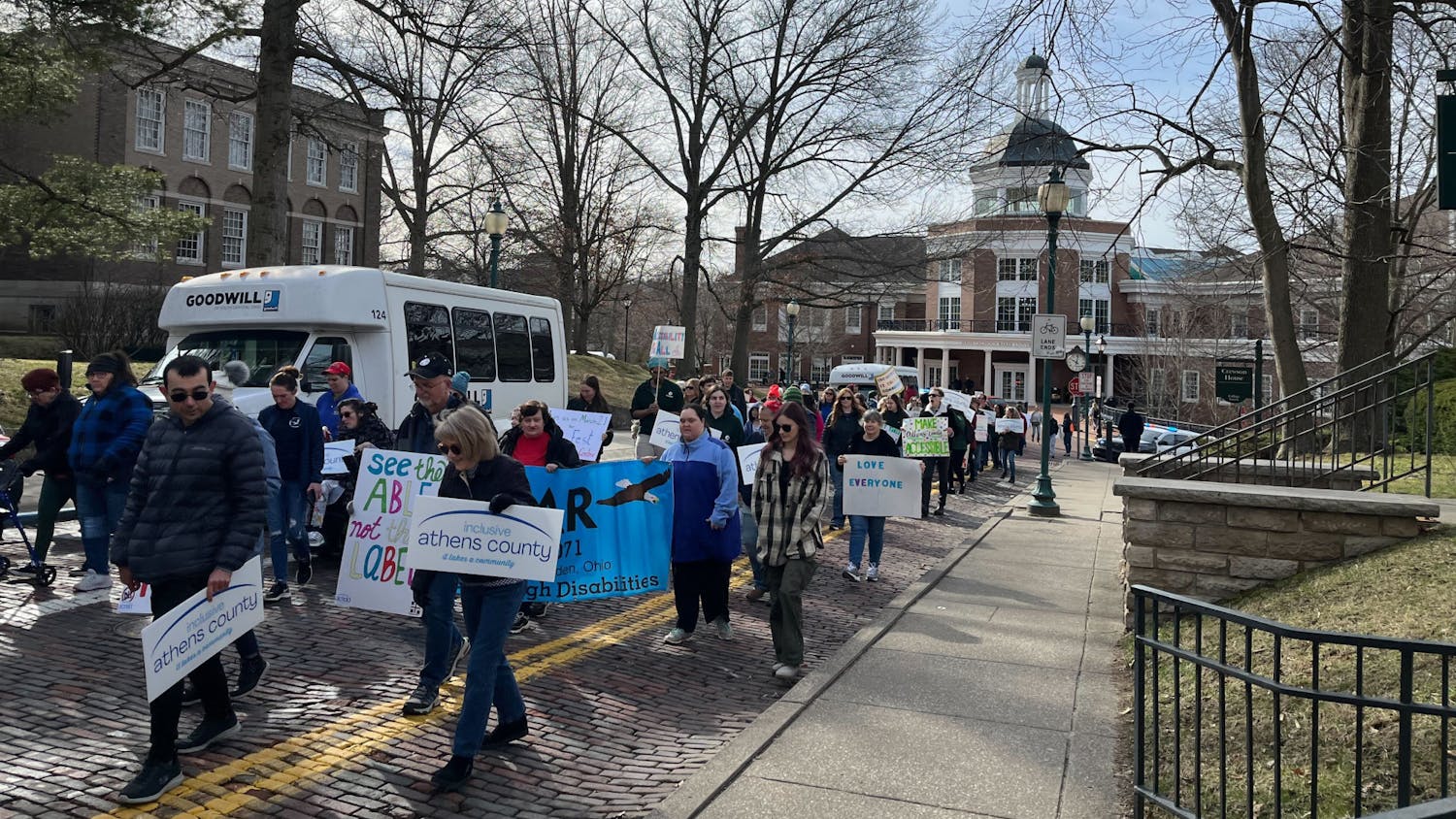On Feb. 4, 2004, Mark Zuckerberg and his roommate launched a social networking service for Harvard students called TheFacebook. In the 15 years since, the site expanded to other universities and eventually to most of Internet-using world. The site also dropped the “The” along the way, becoming just “Facebook.”
Stephanie Tikkanen is an assistant professor at Ohio University for the School of Communication Studies, and an expert on social media. In college, Tikkanen signed a petition for Facebook to come to her university before the service was available to everyone.
At the beginning, Facebook functioned much like sites such as BlackBoard do now, Tikkanen said. It was a tool university students used to track their classes, work on projects and communicate with their peers.
“It started as college students, and then they let in everybody, and then it sort of exploded,” Tikkanen said. “And as soon as everybody’s moms got on the site, they migrated everywhere else. We’re seeing the same thing with Instagram now.”
Tikkanen described a cycle of social media migrations, in which young people find a new social media platform, parents discover and join the platform, and young people flock away to something new to begin the cycle anew.
“As you are individuating yourself from your parents, you need a space away from your parents,” Tikkanen said. “It started off with diaries, or like going to parties. This is not a new phenomenon, now there’s just a way to do it online, and now there’s a record that keeps track of all the stupid things that you do.”
Sean Collins is a junior studying games and animation. He has a Facebook, Twitter and Reddit account, but uses them to communicate with different audiences.
“I don’t think I have any family on any of those other things except for Facebook,” Collins said.
Julia Leonard is a junior studying journalism. She also uses different types of social media for different purposes.
“I think the way it’s set it up is that Snapchat is an instant pick-up and take a picture thing, and Twitter is more of an instant Tweet, you just get your thoughts out and everything,” Leonard said. “Facebook is more for life updates, and what you want to do with your life. It’s more serious, not like other platforms.”
According to Tikkanen, this phenomenon of having different social media for different audiences is very common, enough for it to have a name: context collapse.
“Context collapse is the idea that we have multiple audiences, and for all of those audiences, we give different content,” Tikkanen said. “So imagine how you talk to your parents as opposed to how you talk to your friends, or how you talk to somebody in a student organization that you’re in, or a professor. Now put all of those people at a dinner party together and decide what you’re going to talk about. That’s what Facebook is.”
Both students agree that Facebook has less of a prominence in their lives than it used to.
“There are just better websites that have more things that cater to my liking,” Collins said. “I use Twitter and Reddit and stuff, but Facebook seems out of fashion now. They’re less serious, I like how I can control exactly what I see. I like that part about it.”
Despite Facebook’s waning popularity among younger generations, the site has thrived over the past 15 years by continuing to innovate, and when other social media arise, to either incorporate or emulate those trends. Case in point: Facebook owns Instagram.
“I think if you told me in college if I ever believed that this website was going to eventually be providing entertainment content, I would have been like, ‘the only entertaining thing here is getting to throw a sheep instead of poking my friend,’ ” Tikkanen said. “Facebook is one of those organizations that tends to lead those trends. But they’re also very, very good at making money.”
They will likely continue to make money for some time.






